The world's most popular mobile app has developed a new way to manage Android fragmentation, targeting users' hardware capabilities rather than devices' installed OS versions. Facebook's new efforts note that two thirds of the Android phones it sees "are equivalent to something released in 2011 or earlier."
Facebook's development blog entry stateed that the company now deals with more than 500 million users each month, spanning 10,000 different Android devices.
Categorizing Android by software fragmentation isn't working
The company outlined that it used to classify Android devices by the OS version the user had installed, in an effort to customize the delivery of content and features each device could support.
Google reports its own breakdown of active Android users on Google Play by OS version. As of November 3, the company states that 30.2 percent of its active Google Play users are on Android 4.4 KitKat, released around the same time as iOS 7 last year.
Android, quite famously, has a very different software fragmentation pattern than Apple, which now states that as of October 27, over half of its installed base is on the newly released iOS 8, while virtually everyone else is on iOS 7.
Google is working to catch up to Apple by focusing its new releases on backwards compatibility, ensuring that its newest software can also run on hardware with less RAM and slower processors. In the process however, Google is making the installed Android version virtually meaningless to developers like Facebook.
Categorizing Android by hardware fragmentation
"The recent explosion of affordable Android devices around the world has shifted the median, and the bulk of devices we now see are running Jelly Bean," Facebook wrote. "In order to segment based on actual phone performance we decided to look more closely into the specifications of the phone-RAM, CPU cores, and clock speed-to characterize things."
The result is Facebook's "year class," a categorization method asking the question: "essentially, in what year would a given device have been considered "high end?"
Year class effectively compares segments of the installed Android base to the high end iPhone Apple was selling in a particular year. 66 percent of the installed base of Android users accessing Facebook are on the level of an iPhone 4 or Samsung Galaxy S2, which shipped with Android 2.3 Gingerbread
The company reports that "overall, about two-thirds of the phones connected to Facebook are equivalent to something released in 2011 or earlier," which would mean that 66 percent of the installed base of Android users accessing Facebook are on the level of an iPhone 4 (or as Facebook's graphic indicates, a Samsung Galaxy S2, which shipped with Android 2.3 Gingerbread).
The site notes, "while the Android OS version is still useful for reliability and crash benchmarks, we've found year class to give us a much more accurate portrayal of how performance and behavior can vary between different devices."
The company says that "using year class we shipped a better commenting UI to 2012 year class or better phones high-end devices while we worked to optimize it on older models. We also use it to power News Feed ranking, so that we don't show as many video stories to phones that can't play them smoothly, and prioritize showing you things that work best on your phone."
Android platform high volume, low value
Despite the broad popularity of Facebook, there are lots of Android users with phones that are either essentially incapable of using Facebook, or who choose not to use Facebook (or both). That indicates that Facebook's year class system is actually reporting a self selected class of Android users with higher end specs than the general population.
A report from last year compared iOS and Android mobile advertising on Facebook, noting that iOS Revenue per click (RPC) was 6 times higher than on Android, while return on investment (ROI) was 18 times higher.
It concluded that when targeting Android users, it costs advertisers more money to place the ads than they make, to the tune of a 10 percent loss. iOS advertisements, meanwhile, brought returns of more than 160 percent.
 Daniel Eran Dilger
Daniel Eran Dilger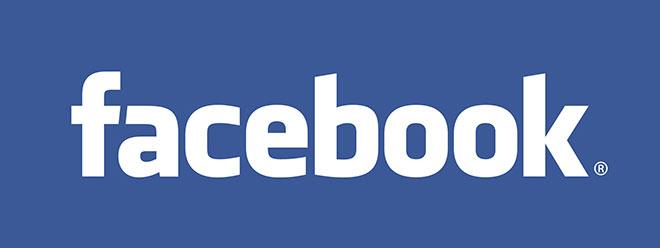
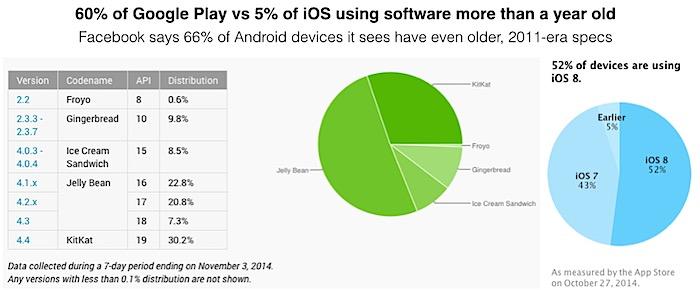
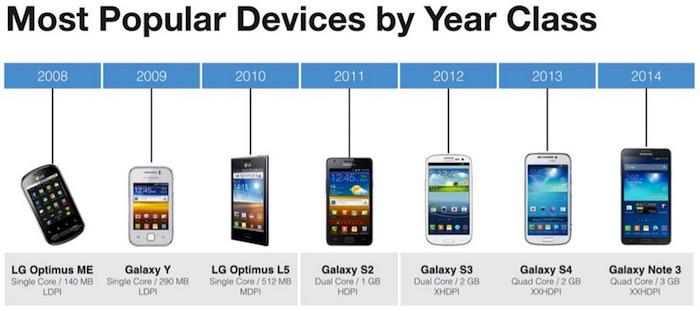







-m.jpg)






 Andrew Orr
Andrew Orr
 Amber Neely
Amber Neely
 Marko Zivkovic
Marko Zivkovic
 William Gallagher and Mike Wuerthele
William Gallagher and Mike Wuerthele



 Mike Wuerthele
Mike Wuerthele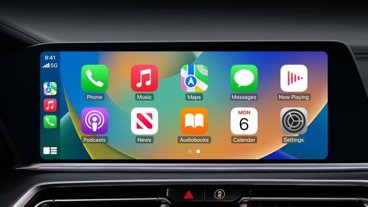
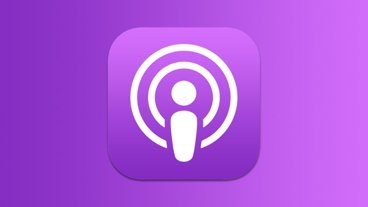







169 Comments
Not surprising at all!
The majority of Android phones are pure junk! I've always been saying that!
And almost every single time that I bash Android and Fandroids, somebody who thinks that they're real clever comes along and says that "Hey, I'm not poor! blah blah, I can afford any phone that I want! Android is just so much better! I'm a highly technical person, so that's why I choose to go with the worst written and poorest performing OS on the market! I am a real genius!"
BS!
The majority of Android is low end crap, made for low end people. The phones are barely used as smartphones and they are mostly used by non technical, clueless people and ignoramuses who have been
Proves that a lot of Android devices are junk or the more powerful Android users go on Google+.
Proves that a lot of Android devices are junk or the more powerful Android users go on Google+.
People actually use Google+?
...who are still able to use Facebook.
The worst of the worst Android phones will still run Tasker, which trumps just about any argument for my use.
And the vast majority of its user base votes GOP.